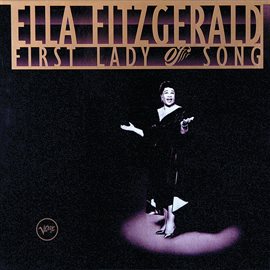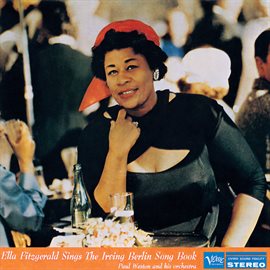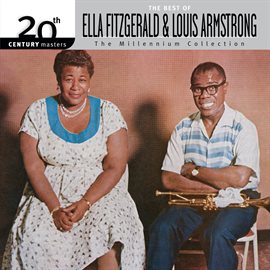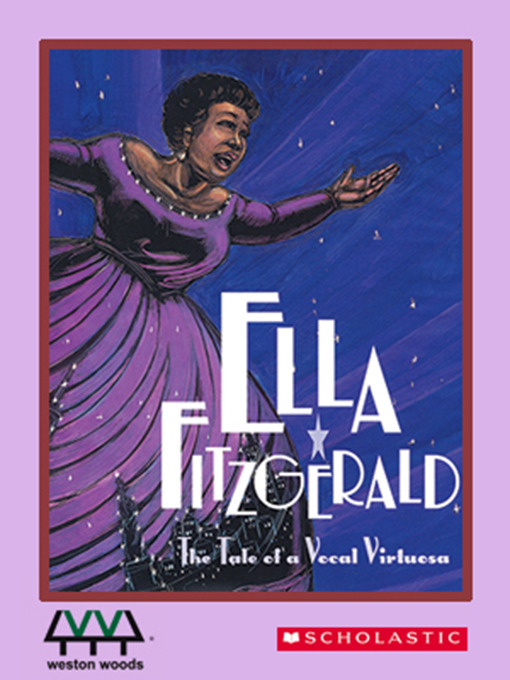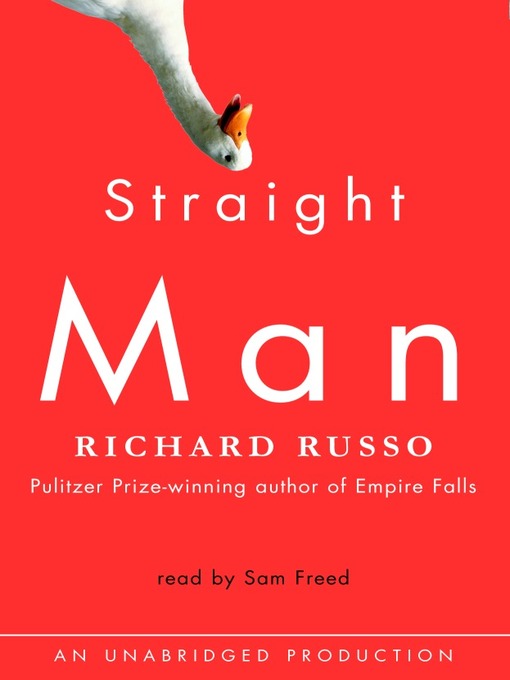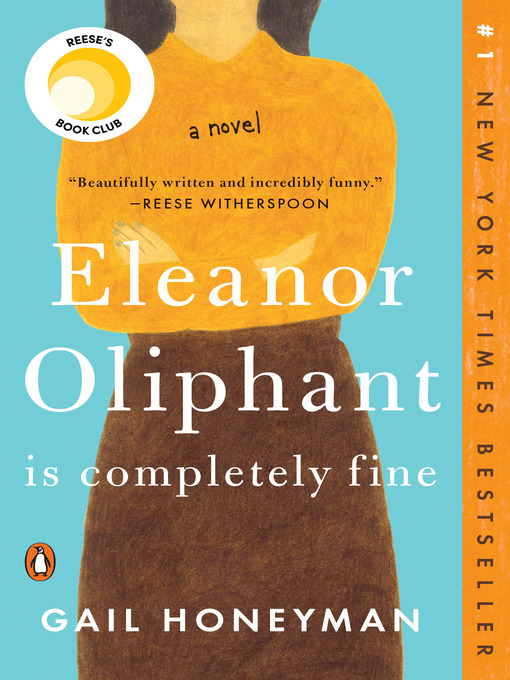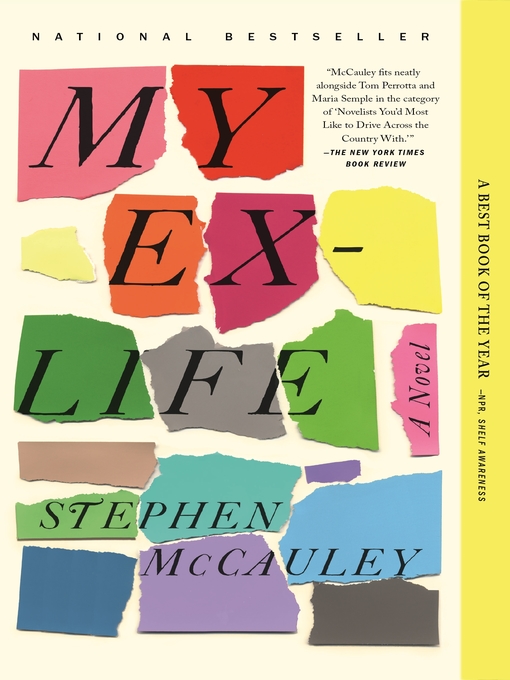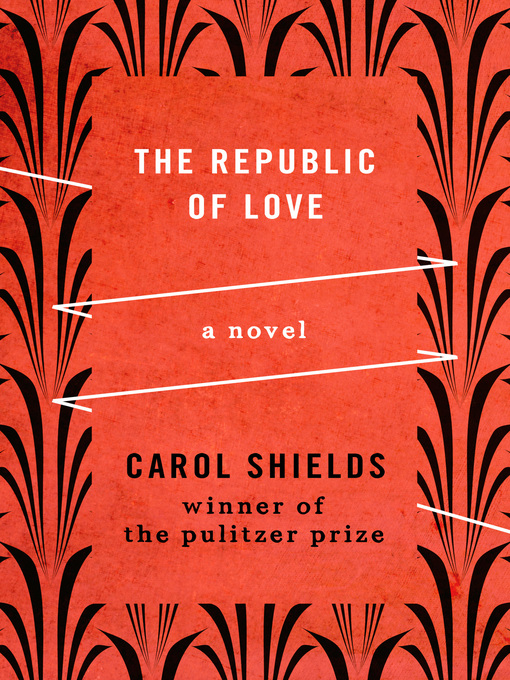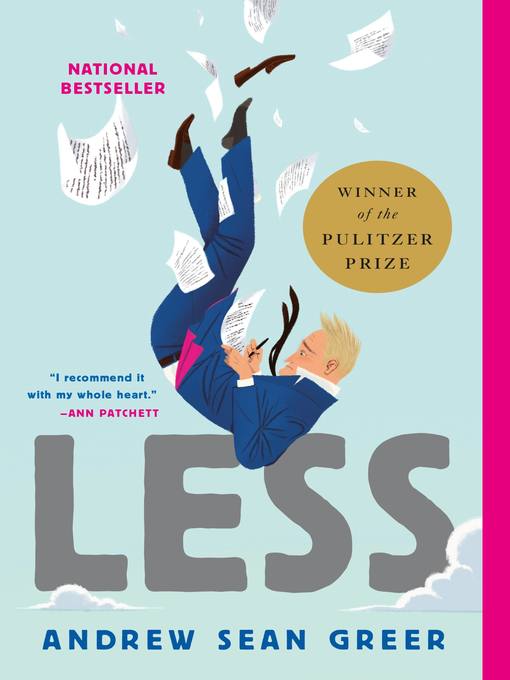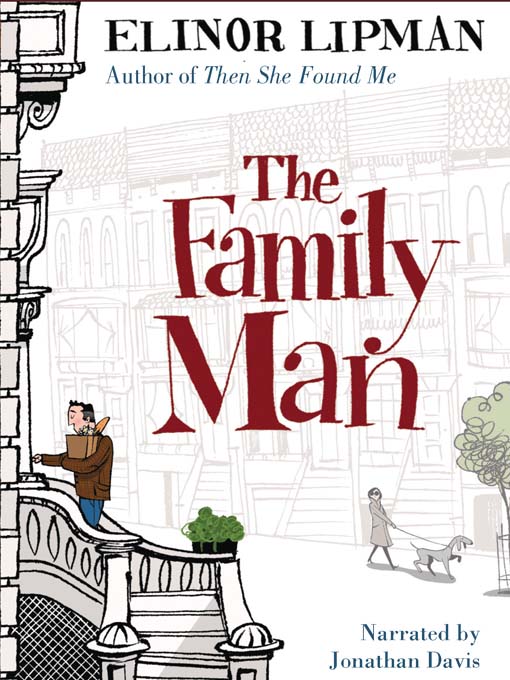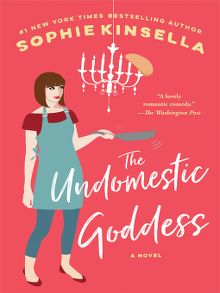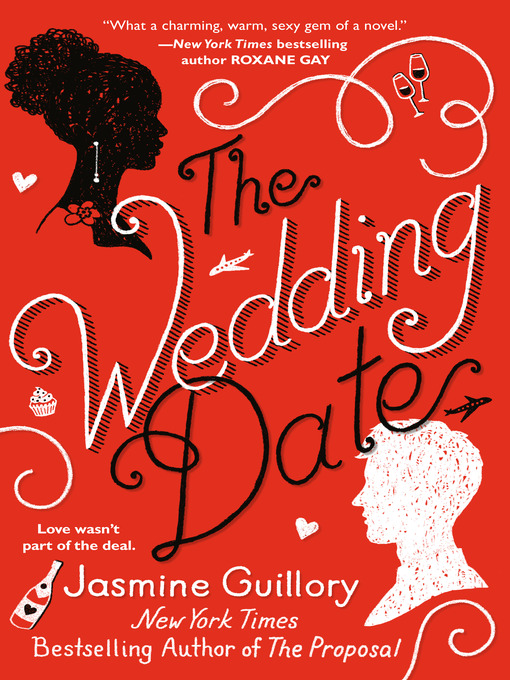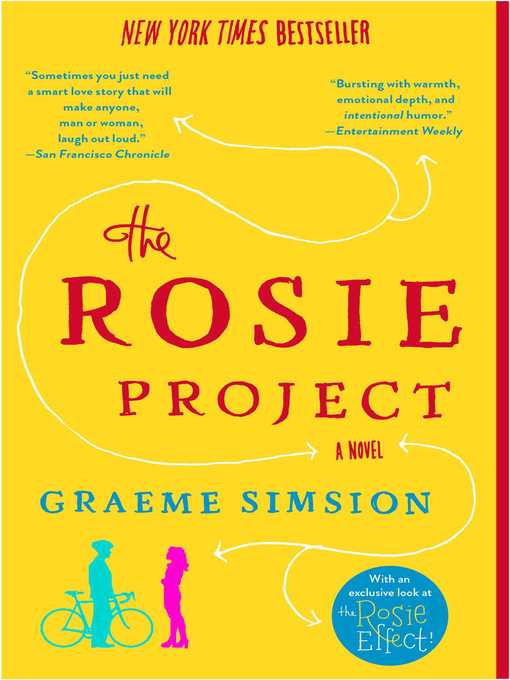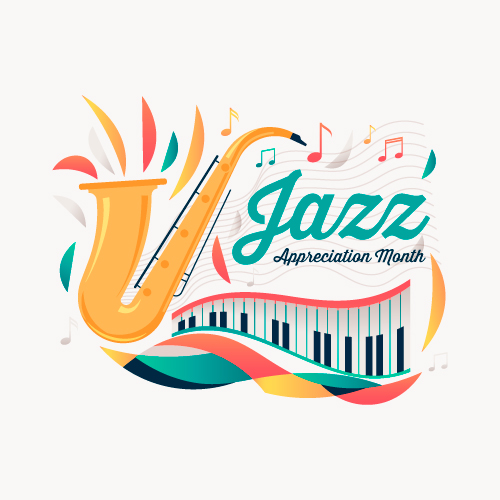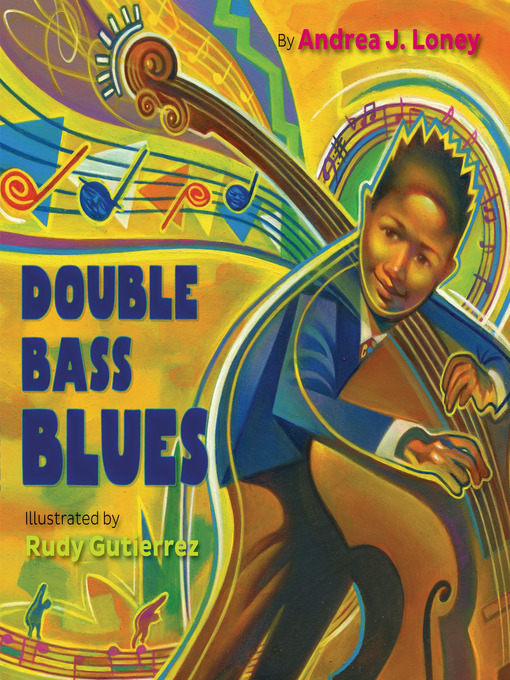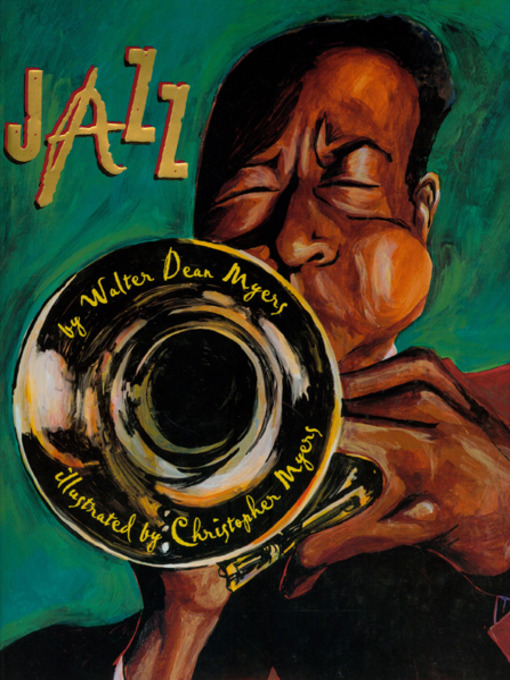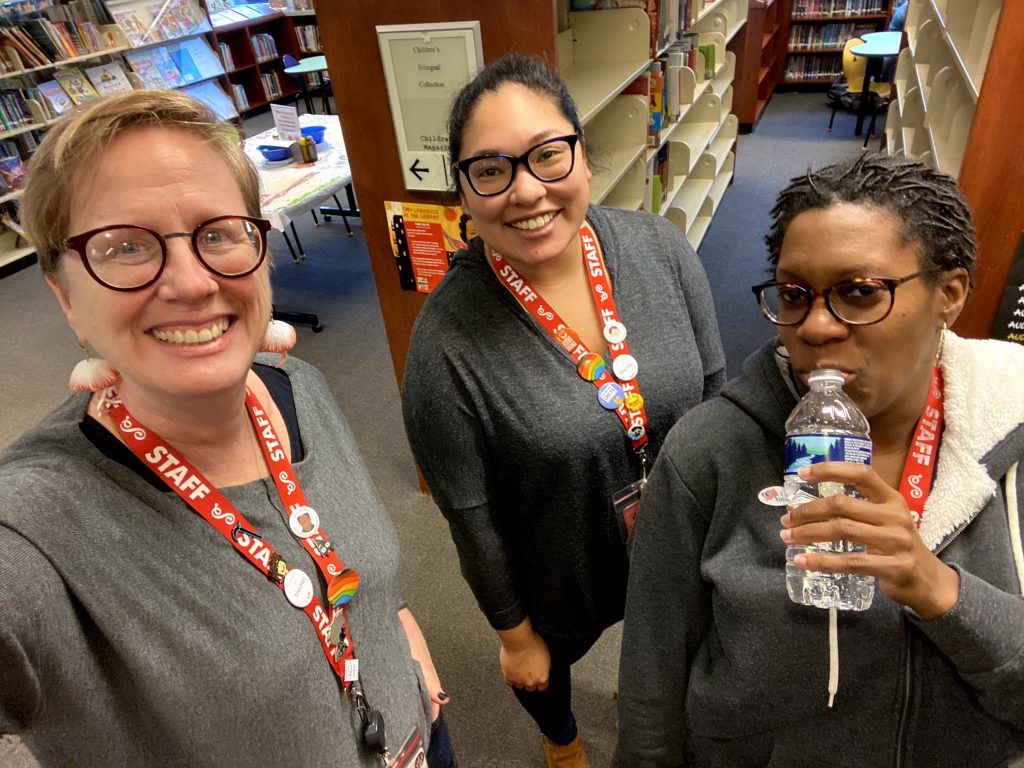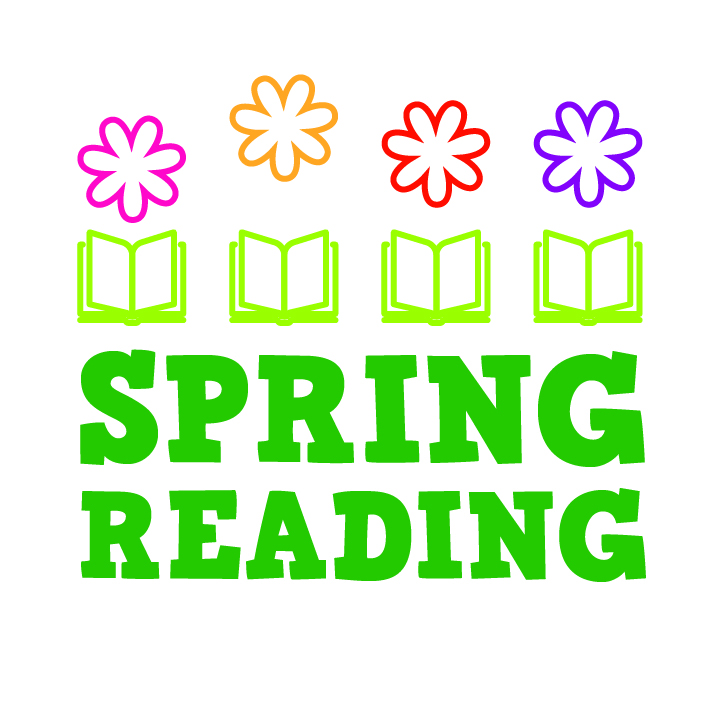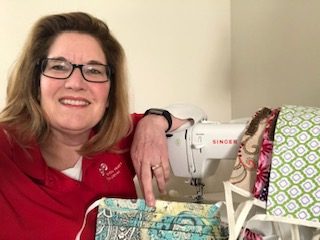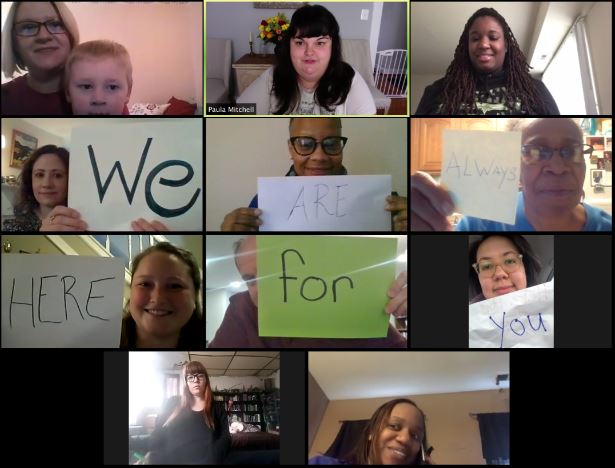by Hannah Lane, Librarian, African American Department
One of the most successful Jazz singers in the history of the genre, and America’s “First Lady of Song,” was a Black woman: the unforgettable Ella Fitzgerald. You can find lots of material on Fitzgerald at the Enoch Pratt Free Library.
Ella Fitzgerald was born in Newport News, Virginia on April 25th, 1917. Ella was an infant when her parents, Temperance Howard and William Fitgerald, separated. While Virginia was her birthplace, it was in New York City where Ella grew up and explored interests in singing and dancing. In the 1920s while Ella was still small, she and her mother moved to New York City. Their home was in Yonkers, Westchester County– not terribly far from Harlem. Ella had an active and social early childhood in New York, but she experienced the impacts of racialized, economic vulnerability and hardship. Her mother, a laundress and caterer, worked often, and from time to time Ella contributed financially to the family by working as well. In 1932 at the age of 15, Ella lost her mother. Temperance had been in a car accident, and the injuries she sustained took her life. Ella’s mental health suffered– her performance and attendance in school diminished, and it has been speculated that she suffered abuse from her late mother’s partner, Joseph De Silva. During this difficult year of her life, Ella was also incarcerated in a reform school, a violent place from which she eventually escaped.
Ella held onto her passions and desire to express herself. In 1935, the then-18-year-old entered a talent show at Harlems’ recently reopened Apollo Theatre. Though she lost her nerve to dance in front of the large crowd, Ella sang and won the night. Ella’s success in Harlem opened the way for many opportunities. She sang with Tiny Bradshaw’s band, and later became a full-time singer with the formidable Jazz drummer (and Baltimore native) Chick Webb’s orchestra. Ella’s success catapulted at this time, the height of the Swing era, and by the end of the 1930s she was one of the most recognizable voices in Jazz, America’s popular music
In 1939 Ella became a bandleader after Chick Webb, her colleague and dear friend, had passed away. The band continued under the name, “Ella Fitzgerald’s Famous Orchestra.” It was an immense undertaking that she carried until 1942 when the orchestra disbanded. But Ella’s career lasted decades beyond the Swing Era. The 1940s and 1950s were a period of collaboration, growth, and International success for the artist. Fitzgerald worked with Duke Ellington, Count Basie, Dizzy Gillespie, Louis Armstrong, and countless other masters of the genre; her unique voice and beautiful musicality deeply impacted the sound, style, and feel of American popular music.
By the end of her career in the 1990s, Ella recorded over 200 albums, won 13 Grammy awards, a Grammy for Lifetime Achievement, the Presidential Medal of Freedom, the National Medal of Arts, was inducted into the National Women’s Hall of
Fame, and received numerous other national recognitions. Ella Fitzgerald was one of the most, if not the most, popular, successful, and influential Jazz singers in the history of American popular music.
For more information on Ella Fitzgerald check out these other sources:
https://www.fembio.org/english/biography.php/woman/biography/ella-fitzgerald/
http://www.ellafitzgerald.com/about/biography
